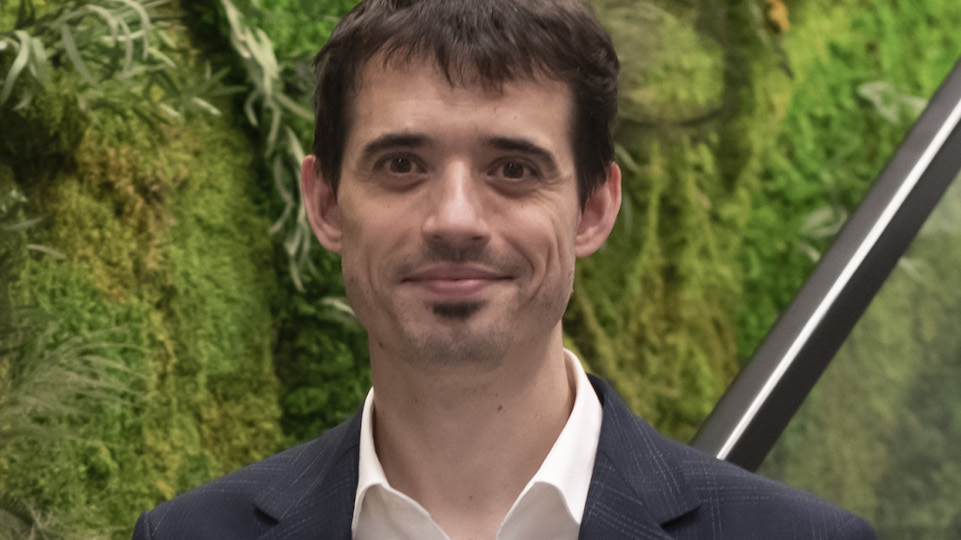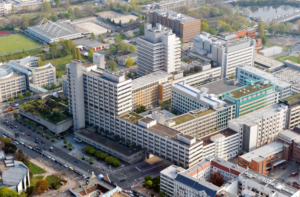
Building a new industry and medicine thanks to biotech
Biotechnology is helping us tackle challenges such as emerging diseases, the impact of ageing in healthcare, population growth, climate change, and the green transition of the economy. Precision medicines, advanced therapies, mRNA and gene editing technologies are transforming the way diseases can be diagnosed and treated, providing life-saving solutions. Biotechnology is also at the forefront of building a sustainable economy, developing better crops, providing new protein sources, and producing bio-based materials.
It’s time to place biotechnology at the core of a new, more sustainable European growth model. Since July 1st, Spain holds the Presidency of the Council of the EU with a programme focused on four key pillars: re-industrialisation of the EU and ensuring its strategic autonomy, advancing in the green transition, promoting greater social and economic justice, and strengthening European unity. Biotechnology can play a fundamental role in achieving these objectives.
The Covid-19 pandemic highlighted both the vulnerabilities and strengths of the EU life sciences ecosystem. It may be too late or costly to revert some of the latter, but with the lessons learnt in mind, we could still strengthen our capabilities in key technologies for the medicines of tomorrow, such as biologics, cell and gene therapies. While the EU remains a scientific powerhouse in these areas, we struggle to develop technology, launch ventures and grow them into global players. Europe needs to boost investment in R&D and enabling infrastructure, generate and grow more innovative companies, and increase biomanufacturing capacity in this space. On the other hand, biotechnology is crucial for the green transition. New Genomic Techniques (NGTs) are very precise and efficient, allowing us to modify the genome of plants and microorganisms specifically. NGTs are key tools for developing plant varieties that can be climate resilient, pest resistant, require fewer fertilisers and pesticides, or ensure higher yields, contributing to the goals of the green deal and meeting the increasing demand. Their application in microorganisms can also lead to new strains to produce raw materials for other industries, reduce the demand for natural or fossil resources and contribute to the green transition.
Europe is clearly at a turning point that will determine our competitiveness and resilience for the next generation. Legislative proposals affecting the biotech ecosystem are currently under discussion. To mention two, the EC launched a proposal for a new regulation on plants obtained by NGTs paving the road to enable the use of NGTs in Europe. Secondly, the proposal of the Commission for the revision of the EU Pharmaceutical Legislation includes provisions aimed at improving the EU’s regulatory framework and promoting ‘novel technologies, although some may undermine the predictability and stability of EU’s incentives regime and may hamper the industry’s ability to innovate. It is a critical moment for Europe to establish regulatory frameworks which are fit for purpose and enable innovations to happen, allowing their potential to be fulfilled. Only by doing so will Europe be able to lead in global innovation and transition towards a more sustainable economy, thereby strengthening its strategic autonomy.
Ion Arocena is the CEO of AseBio, the Spanish Bioindustry Association. He holds a Bachelor’s degree in Biology from the Complutense University of Madrid, graduating with honours (2003), and a Master’s degree in Business Administration from EOI (2010). He worked in a life sciences venture capital firm for almost a decade before joining AseBio in 2016.
This article was originally published in European Biotechnology Magazine Autumn Edition 2023.


 Bayer AG
Bayer AG Picture from Ferdinand Stöhr on Unsplash
Picture from Ferdinand Stöhr on Unsplash  Photo from Giulia Bertelli on Unsplash
Photo from Giulia Bertelli on Unsplash